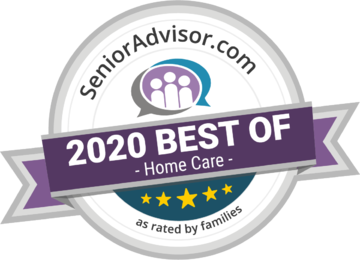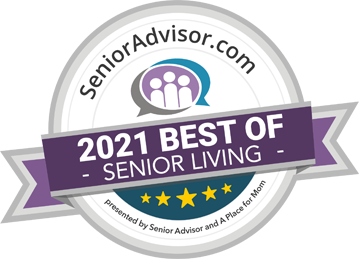Essential Tips for Home Safety and Fall Prevention for Persons with Dementia in West Chester PA
Home safety and fall prevention for individuals with dementia in West Chester, PA is an imperative topic that requires attention. Dementia is a progressive condition that primarily affects seniors' memory, thinking, and behavior. According to [...]



